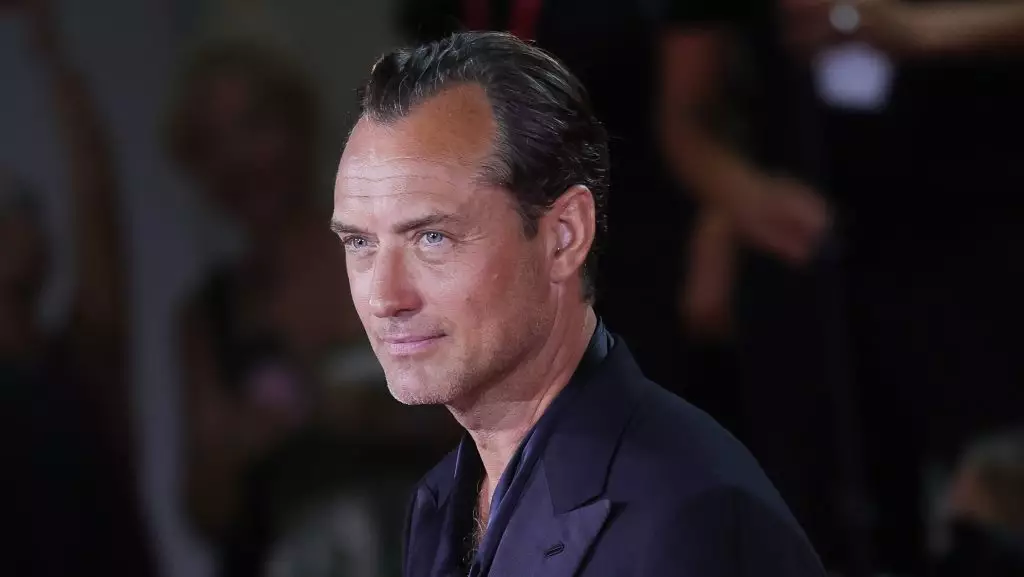In recent years, the film industry has seen drastic shifts in budget allocations and storytelling styles, with mega-franchises dominating the box office. Among actors who have gracefully navigated this transition is Jude Law, known for his roles in significant franchises like Harry Potter, the Marvel Cinematic Universe, and the Star Wars saga. As he prepares for the premiere of his Disney+ series, “Star Wars: Skeleton Crew,” Law recently expressed his longing for a past era characterized by mid-budget films that prioritized thoughtful storytelling.
Reflecting on his early career, Law underscores the importance of mid-budget films in providing a platform for innovative storytelling. He reminisces about collaborating with acclaimed director Anthony Minghella on projects like “The Talented Mr. Ripley” and “Cold Mountain.” According to Law, the freedom and creative latitude afforded by those films allowed for a depth of character exploration that is sorely lacking in the current entertainment landscape. He refers to the void left by the decline of these mid-tier productions as a “gaping hole,” emphasizing that the industry’s shift towards either blockbuster or low-budget films has marginalized a rich narrative vein.
Law argues that the financial backing of a film significantly impacts its potential for storytelling. With excessive funds often inflating expectations and non-essential glitz, filmmakers tend to lose focus on the story’s core elements. He recalls his experience with “Alfie,” a project that, despite its high budget, did not elevate the source material to the level he’d hoped. His admission that he was “probably paid too much money” reflects a broader issue in the industry: when actor salaries inflate to astronomical figures, the investment in nuanced storytelling can dwindle. His critique captures a common sentiment: a film’s financial resources should fit its narrative ambition.
For actors like Law, who have thrived in both blockbuster and mid-budget environments, there is a pressing need for balance within the industry. He champions the essence of allowing stories the necessary time, budget, and creative freedom to flourish. The nostalgia he feels isn’t merely a longing for the past; it reflects an urgent call for filmmakers and studios to re-evaluate their priorities. There lies an opportunity to rejuvenate an entire genre of filmmaking that focuses on complex characters and deep narratives, rather than chasing box office records at the expense of artistic integrity.
As the film industry continues to evolve, voices like Jude Law’s serve as a vital reminder of the art of storytelling. The longing for mid-budget films is not just a personal yearning but a collective acknowledgment of what cinema has lost. Encouraging the resurgence of these films may pave the way for a more diverse and enriched cinematic landscape. As audiences shift their preferences, it will be essential for studios to heed these sentiments, ensuring that future generations can enjoy stories that resonate on deeper levels than mere visual spectacle.

Leave a Reply